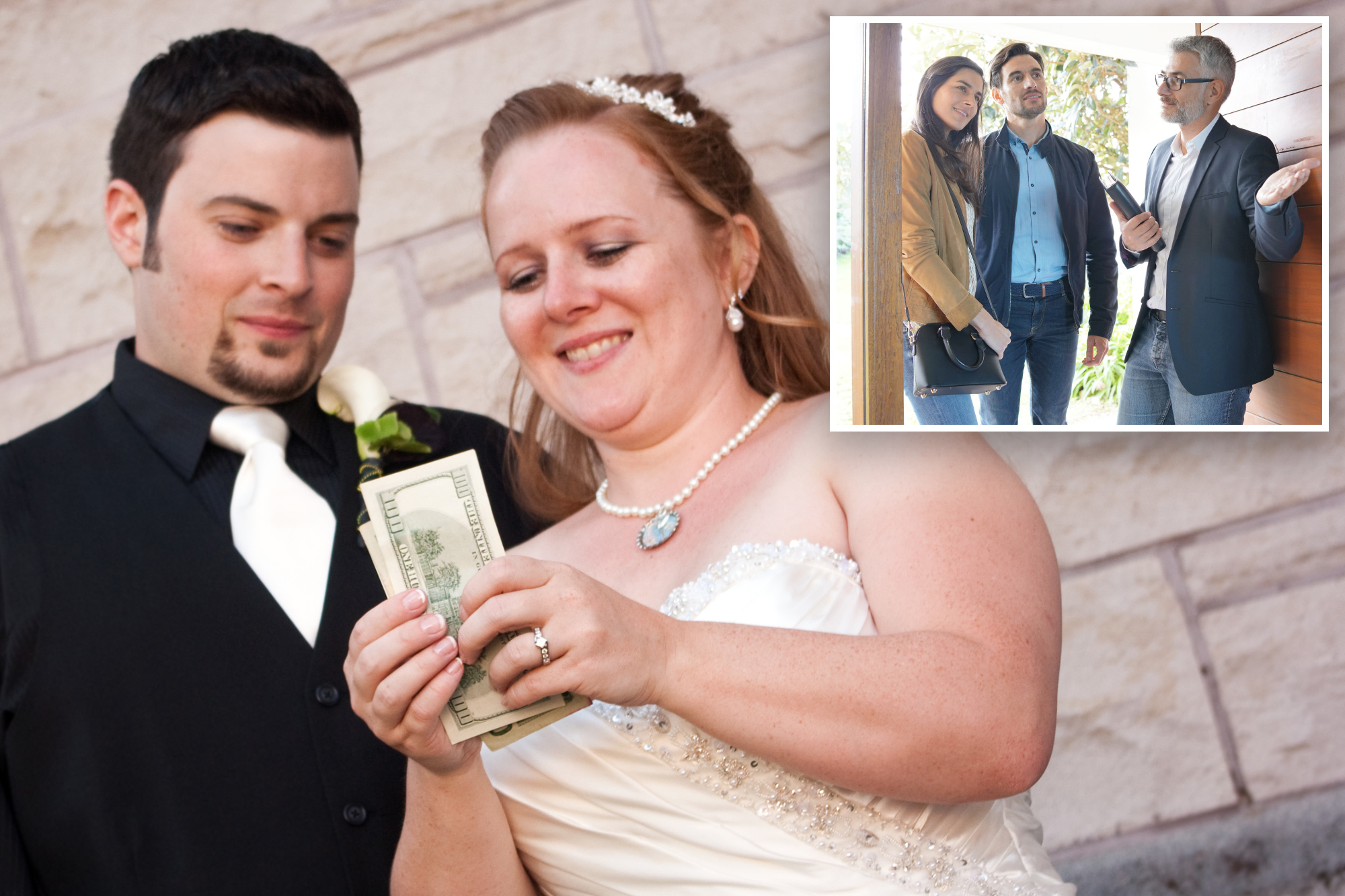C
ouples are increasingly asking for cash gifts instead of traditional presents, like fine china and gravy boats, to help with their down payment on a home. This shift is partly due to rising interest rates and housing prices, making it harder for newlyweds to save for a down payment.
According to a LendingTree survey, 48% of homeowners who got married in the past two years asked for down payment assistance from wedding guests. This trend is expected to continue as more couples look for ways to get into their first home faster without taking on too much debt.
Real estate agents like Ron Myers and Cara Ameer agree that gift money can be a smart way to move towards homeownership, especially when combined with other savings strategies. The common rule of thumb for down payments is 10% to 20% of the home's purchase price, but this can vary depending on individual circumstances.
In addition to saving for a down payment, couples also need to consider closing costs, which typically range from 2% to 7% of the home's purchase price. The median home price in March 2025 was $424,900, making average closing costs between $8,498 and $29,743.
When it comes to gift money, there are some rules to keep in mind. Individuals can gift up to $19,000 to a single recipient or $38,000 to a married couple without incurring gift tax liability. However, exceeding the annual gift tax exclusion requires submitting IRS Form 709 to disclose the gift.
Gift tax is not typically a concern for regular people, but estate taxes may apply if the gift is extremely large. To use gift money towards a down payment, couples will likely need to provide evidence of the wedding and a copy of the deposit made after the wedding.
Using gift money versus a conventional loan has its pros and cons. If the cash gift is enough to pay for the property outright, paying cash can be a quicker and simpler process. However, if financing is needed, documented gifts are considered the same as the borrower's own funds, reducing the need for down payment and closing costs.














